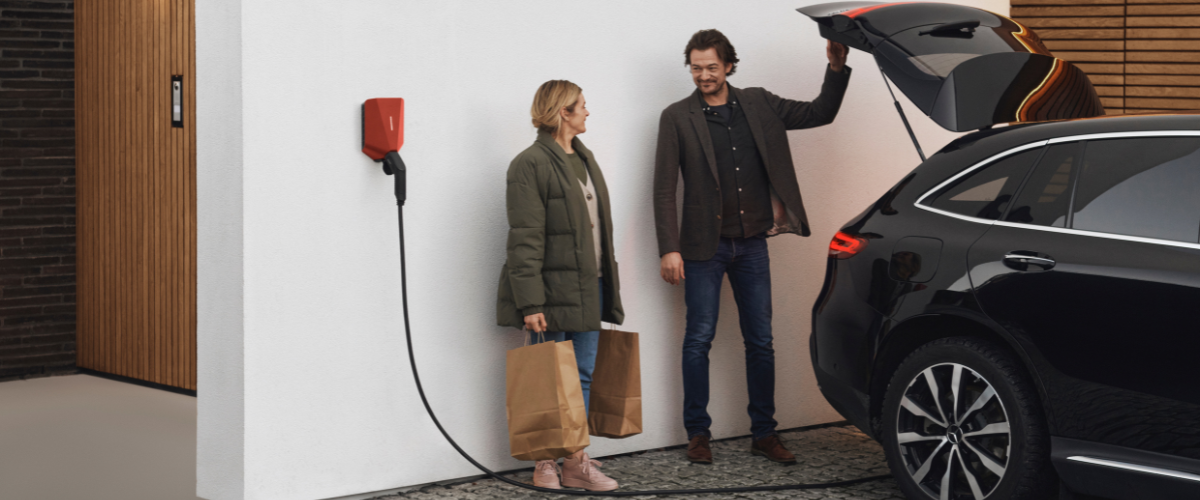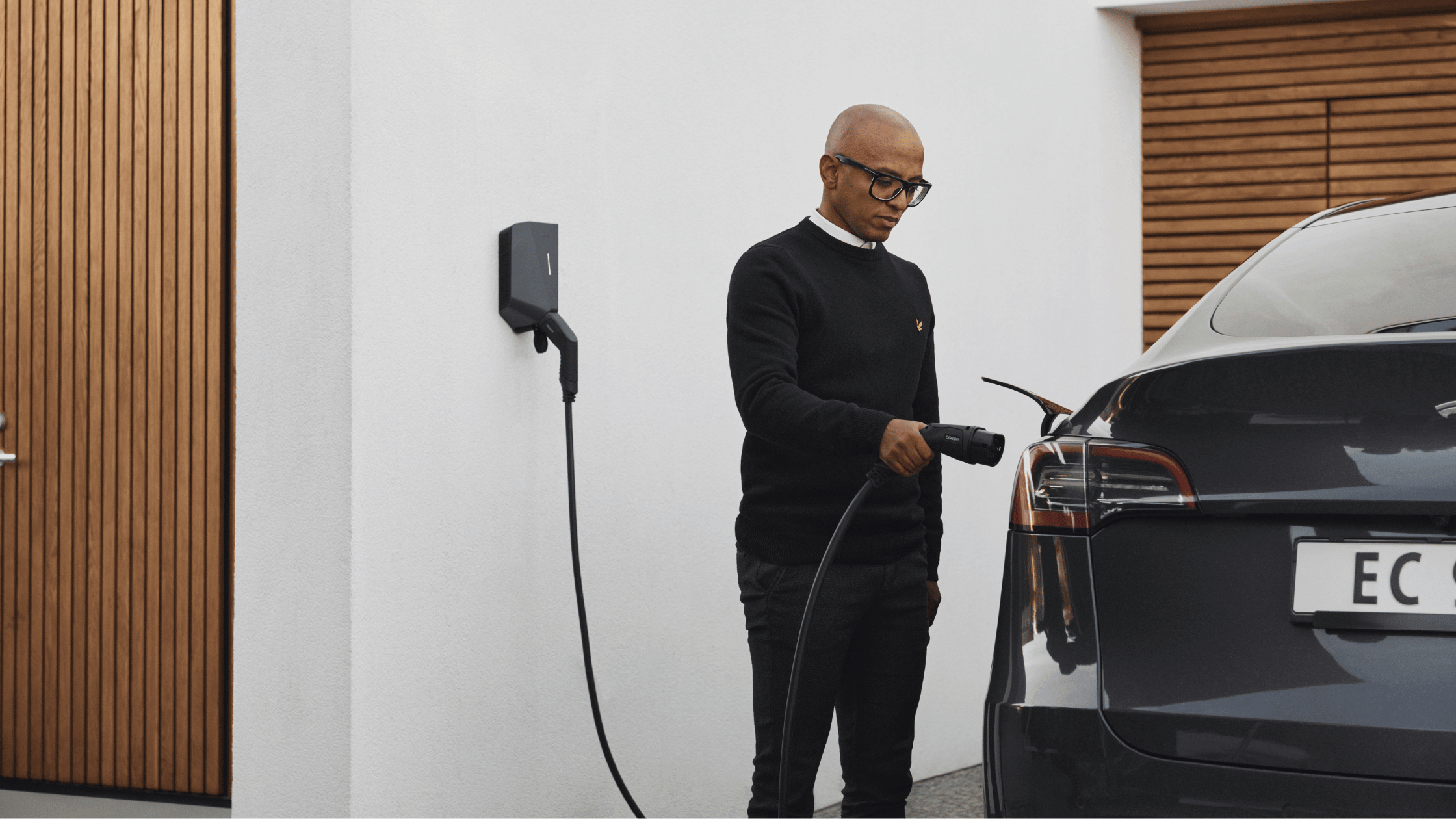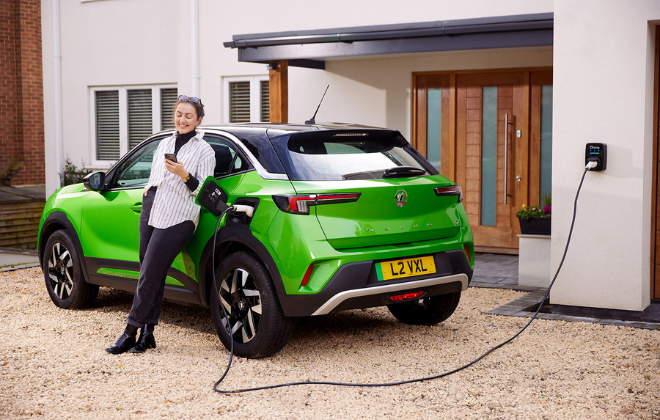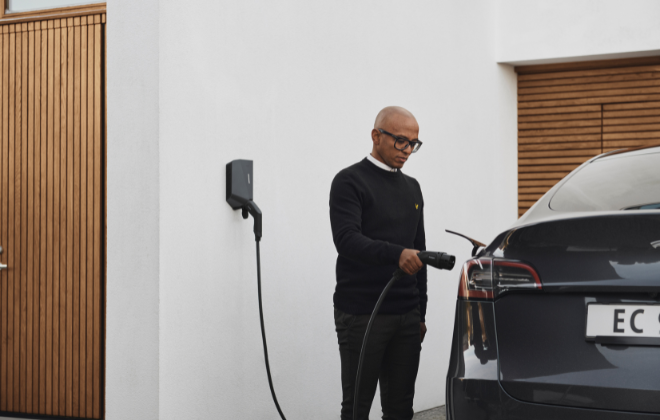

The Electric Vehicles (Smart Charge Points) Regulations 2021 Explained
The Electric Vehicles (Smart Charge Points) Regulations 2021
In 2021, the UK government introduced a new law pertaining to EV charging points. But what do the smart regulations entail, why has this legislation come to light, and why is this legislation important when investing in an electric vehicle charger?
Keep reading to learn everything you need to know in our guide to the The Electric Vehicles (Smart Charge Points) Regulations 2021.
What are the smart EV charging regulations?
Introduced in June 2022, the smart charging regulations, officially named The Electric Vehicles (Smart Charge Points) Regulations 2021, require all electric vehicle chargers, whether for the workplace or at home, to meet the minimum standards laid out in the legislation. One of the core requirements of the regulations is that EV chargers must have smart functionality.
The legislation covers private home and workplace electric vehicle chargers and smart cables sold in England, Scotland, and Wales.
The Office for Product Safety and Standards (OPSS) oversees the compliance of the new legislation to ensure all EV charge point units and installations are safe and meet the minimum requirements.
Why have smart charging regulations come into force?
Electric vehicle adoption is on the rise. In fact, there are an estimated 1,100,000 battery-electric vehicles on UK roads to date – and this number will keep climbing. But this uptake in EV adoption comes hand in hand with a jump in electricity usage, putting a higher strain on the UK’s electricity grid.
This is where the smart EV charging regulations come in.
While the National Grid has continuously ensured UK residents that they will able to handle the increase in electricity usage, the regulations have been introduced to simply help aid the gradual shift towards complete EV adoption. The new smart charging legislation is set to increase grid stability by reducing congestion—slowly weaning the grid with increasing users rather than experiencing a surge of demand all at once.
Additionally, the UK smart charging regulations provide another layer of protection to consumers, meaning EV charger owners will benefit from the legislation for several reasons.
Firstly, due to the increase in product transparency, only high-quality, safe electric vehicle chargers will be available on the market, rather than dumb or counterfeit chargers that may be dangerous or could negatively impact the grid.
Furthermore, by charging your electric vehicle during off-peak times, you’ll not only charge for cheaper, but you’ll be taking advantage of greener, cleaner energy. Typically, during peak periods, electricity is generated by gas-fired power stations in comparison to off-peak hours when wind and solar energy power the grid. So, by charging during these outside hours, you’ll be taking advantage of more renewable energy sources.
What is smart EV charging?
Smart charging functionality involves communication between your electric car, your dedicated smart EV charger and a smartphone app. Typically, this connection is formed via a strong Wi-Fi connection or 3G/4G mobile connectivity.
Alternatively, a ‘dumb’ EV charger will not have this functionality. Instead, a dumb charger only allows you to plug in and charge—lacking smart charging features and additional safety measures.
Learn more about smart EV charging and the benefits of using smart EV charger features.
Schedule 1 of the Electric Vehicles (Smart Charge Points) Regulations 2021
The first schedule of the EV smart charging regulations in the UK came into force on 30th June 2022, with EV charge points needing to be installed with several conditions:
Smart Functionality – The core of Schedule 1. Smart functionality means your charging unit needs to send and receive information through a communications network. The EV charger must also provide demand-side response services and have at least one interface.
Default Off-Peak Charging – Another important factor of the smart EV charger regulations. Your EV charger will be pre-configured to charge during off-peak hours, which are typically between 8am-10 am and 4pm-10pm on weekdays.
Of course, these default settings can be overridden to suit the individual after installation. However, during these off-peak times, charging your electric car will be cheaper, and the energy used by the grid will be cleaner, benefiting consumers, the energy grid, and the planet.
Randomised delay – All charge schedules will be subjected to a randomised delay of up to 10 minutes, either at the start or finish of the session. For example, if you schedule your charging for 3pm, it may not start charging until 3:10. Similarly to Default Off-Peak Charging, you can disable the random delay.
Measuring system—The EV charger must be able to measure or calculate the electricity imported or exported, record charging time, and allow the owner to view the charging information. The consumer should also be able to view these charging analytics.
Security – EV chargers must comply with the cyber security standards ETSI EN 303 645, offer software developments and be security tested annually.
Loss of communications network access – If communication between your charger is cut—i.e., your Wi-Fi goes down—your EV charger will continue to charge.
Electricity supplier interoperability – Ensures that smart functionality will remain in place even if the consumer switches electricity suppliers.
Safety provisions – The EV charger must prevent the user from carrying out an operation that could risk the health and safety of a person.
Assurance—When an EV charge point is sold, it must be accompanied by a statement of compliance and a technical file demonstrating compliance with the new smart charging legislation.
Schedule 1 Extension of the Electric Vehicles (Smart Charge Points) Regulations
The extension of Schedule 1 came into force on December 30th 2022, with the new requirements focusing on cybersecurity, preventing unwanted network access, hacking, and protecting the EV charge point unit itself. The following are the specific additions to the legislation:
Data – In order to protect the consumer’s privacy, the new legislation states that all data sent to and from the EV charger must be encrypted. Consumers will be able to delete and manage any data, including personal data, and the data itself will only be kept for 12 months.
Passwords – Unique passwords must be introduced for each charger and must not be set by the owner.
Software – The charger must be configured so the software can be securely updated, and the consumers can check what software their EV charging point is at and when the next update is due.
Security – Protection against attack is a central part of the new legislation. Chargers must be designed and manufactured to protect the unit from physical damage, including the introduction of a tamper-proof boundary to protect the internal components of the charger.
Security -If there is an attempt to breach the tamper detection mechanism, the charger must notify the owner of said attempt.
Security – Software must keep a security log of breaches – or attempted breaches – when the boundary or the unit itself has been tampered with or when someone has gained unauthorised access to the charger.
Are the EV chargers at We Power Your Car compliant with the Smart Charge Regulations?
Of course – all the electric vehicle chargers in the We Power Your Car range comply with the smart electric vehicle charging regulations.
We only sell the best EV chargers on the market, having tried and tested each unit before adding it to our offering; ensuring compliance with all regulations is crucial when deciding which electric vehicle chargers we offer.
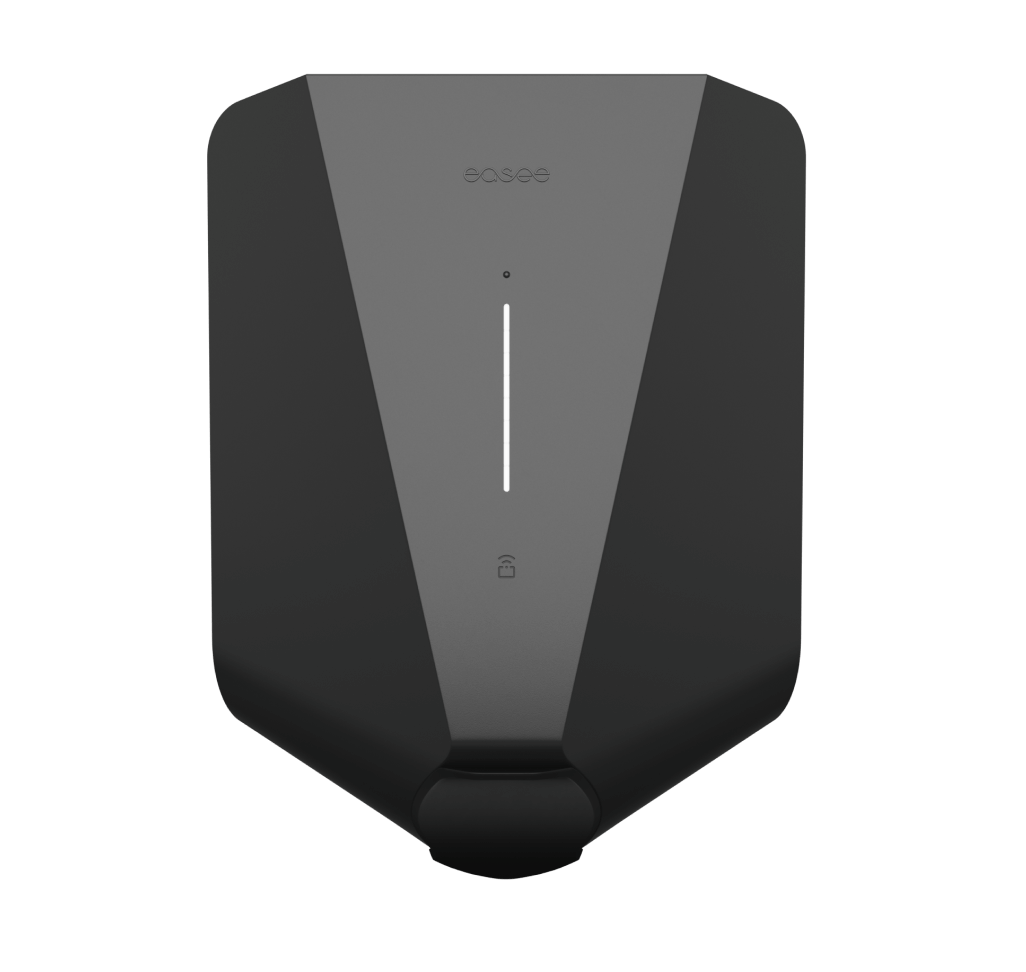
Easee One
From £1,149
(£26 per month)
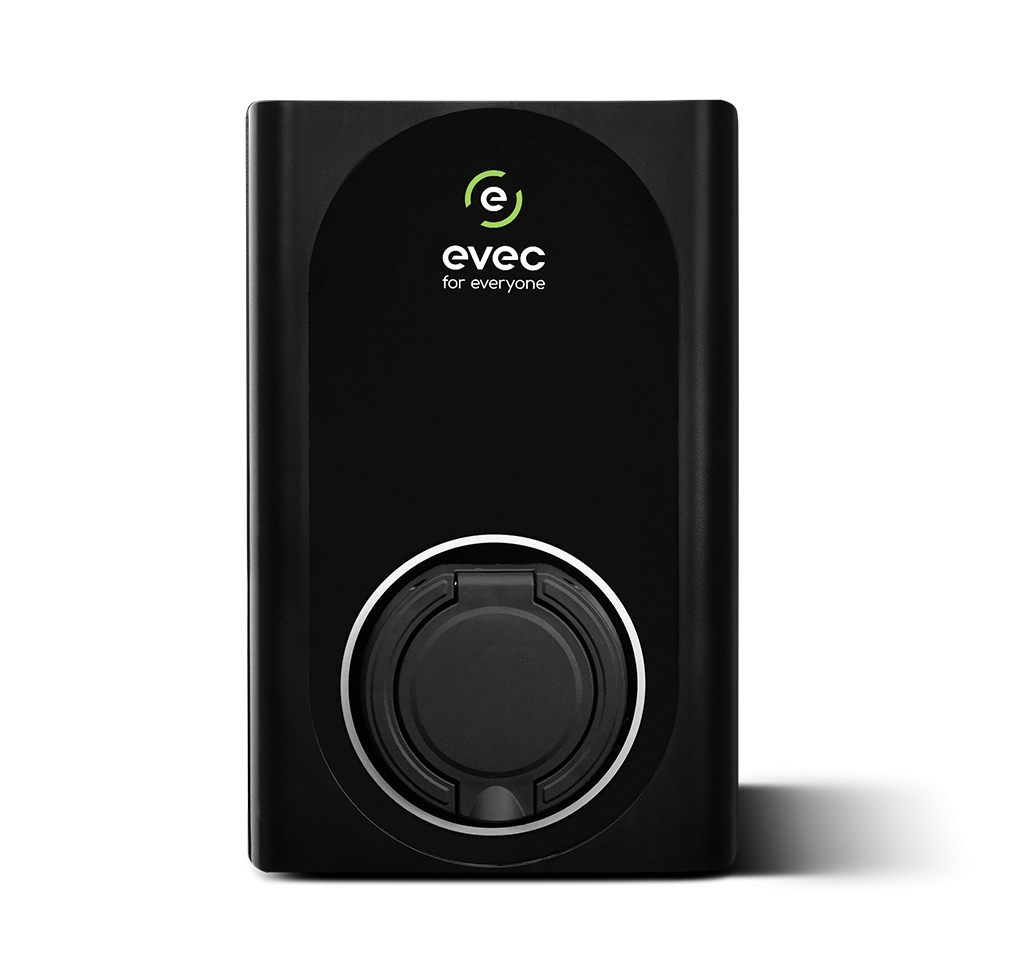
Evec
From £979

Hive Mini Pro 3
From £1,199
(£27 per month)
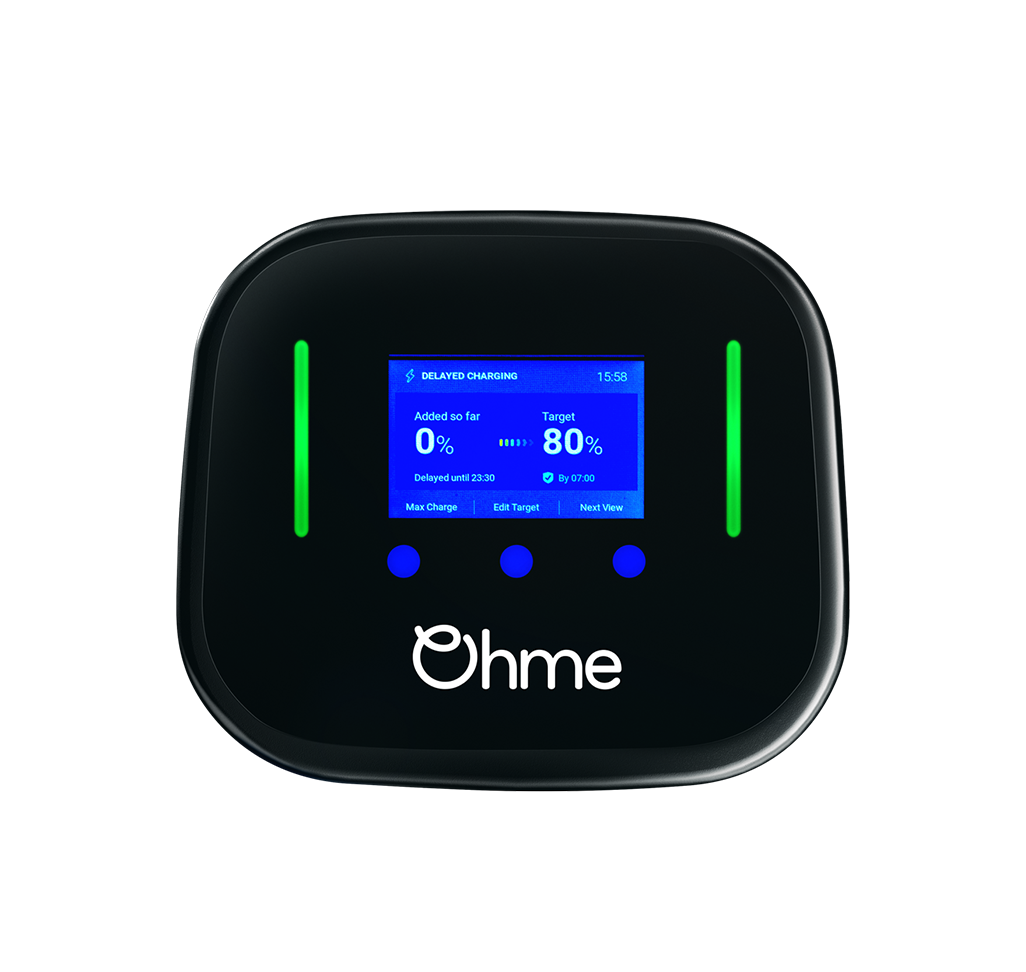
Ohme Home Pro
From £1,099
(£25 per month)
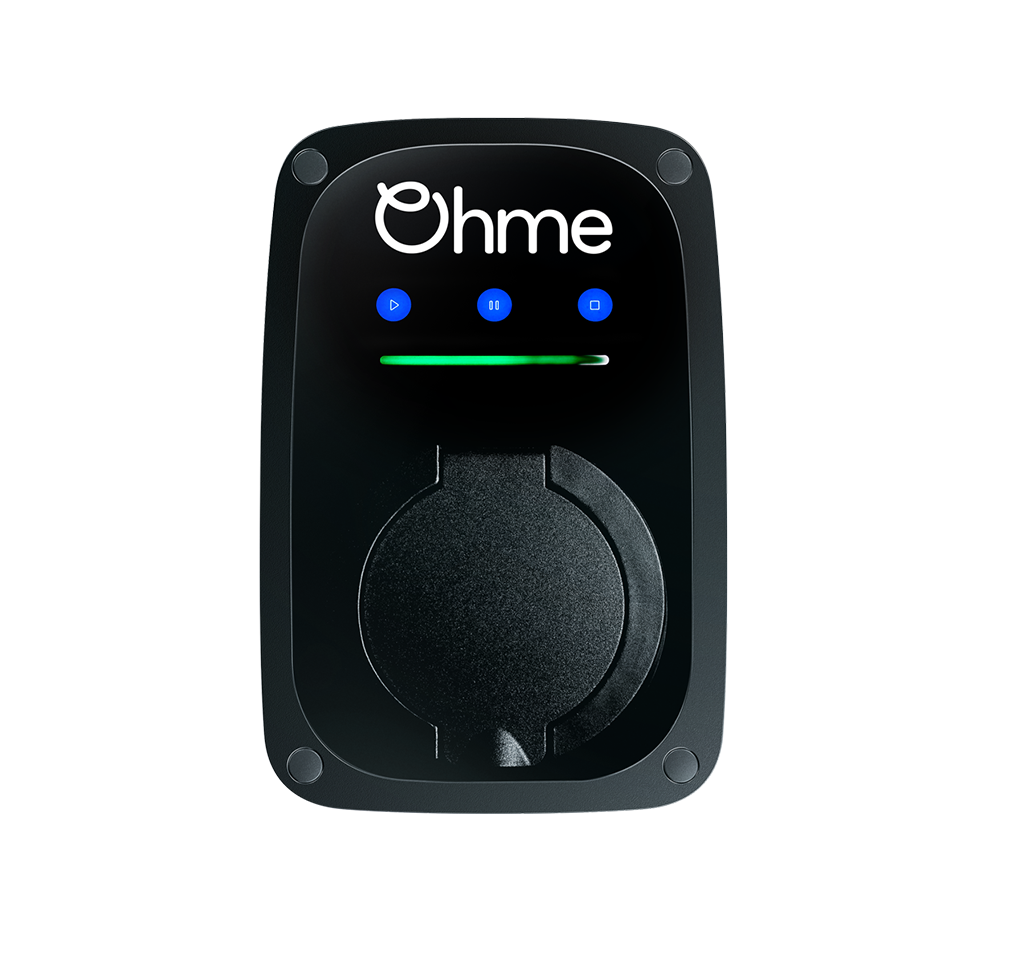
Ohme ePod
From £1,079
(£25 per month)
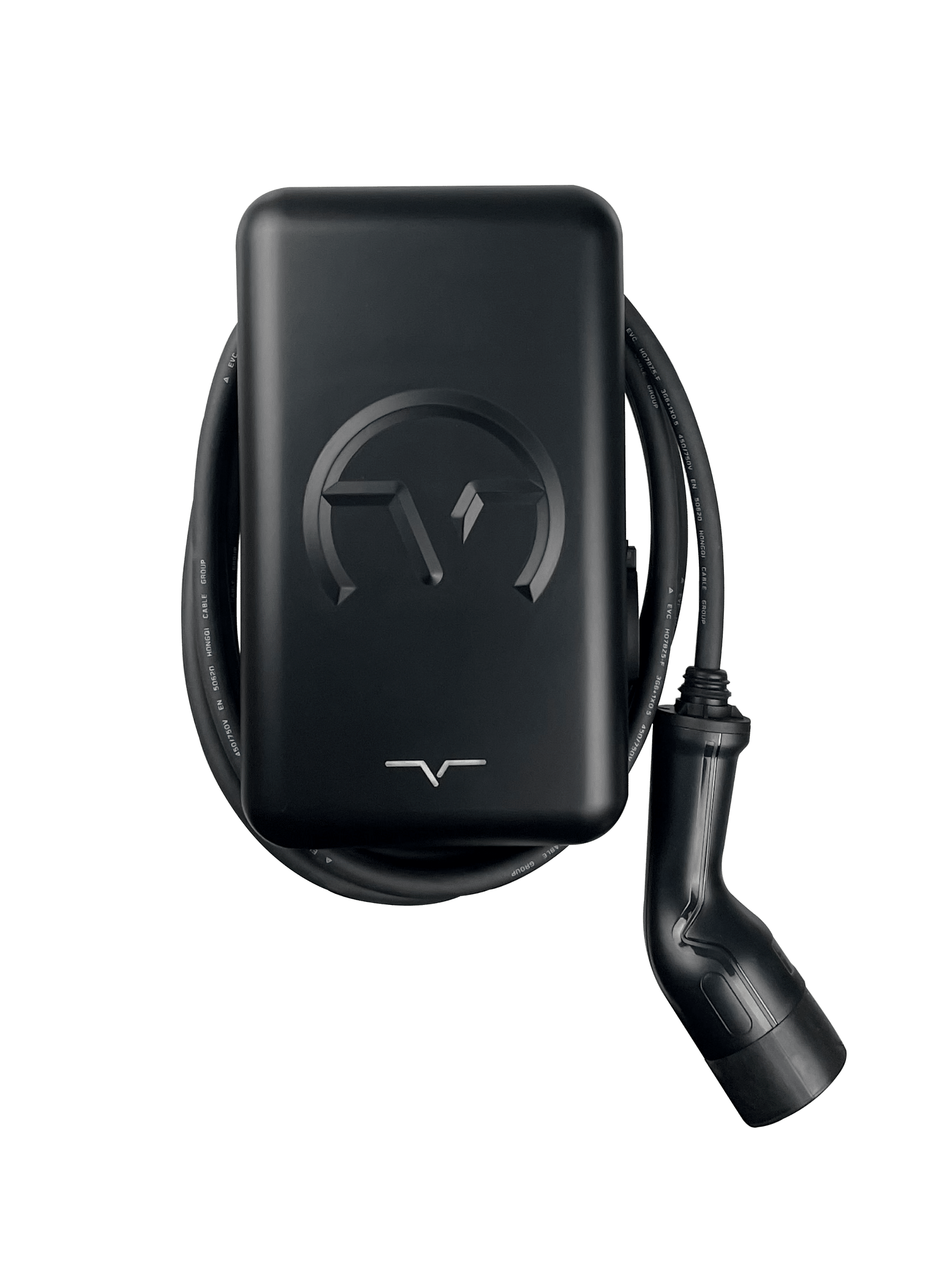
VCHRGD Seven
From £999
(£24 per month)
I had my EV charger installed pre-30th July 2022 – is my charger compliant?
Good news – you are exempt from the Smart Home Charging Regulations if you had an EV charger installed before 30th July 2022. No need to worry about investing in a new charge point, as your charger will continue to work safely.
However, you might miss out on unique smart EV charging features, such as charge scheduling, that may help you charge for cheaper.
If you change your mind and want to purchase a new EV charger, the new unit must comply with the legislation.
Do I need a Surge Protection Device according to the new Smart Charging Regulations?
No, surge protection devices are not required under the Smart EV Charging Regulations. However, while different, the 18th Edition Amendment 2 of the Wiring Regulations states tjat all new electrical circuits require SPDs unless the customer opts out.
Are there any exclusions to the smart electric vehicle charging regulations?
- EV chargers sold in Northern Ireland
- EV chargers sold before 30th June 2022
- EV chargers not intended to be used within Great Britain
- Rapid charge points
- Non-smart cables
- Public charge points
- EV chargers sold by individuals outside of the purposes of their trade, business, craft or profession.

